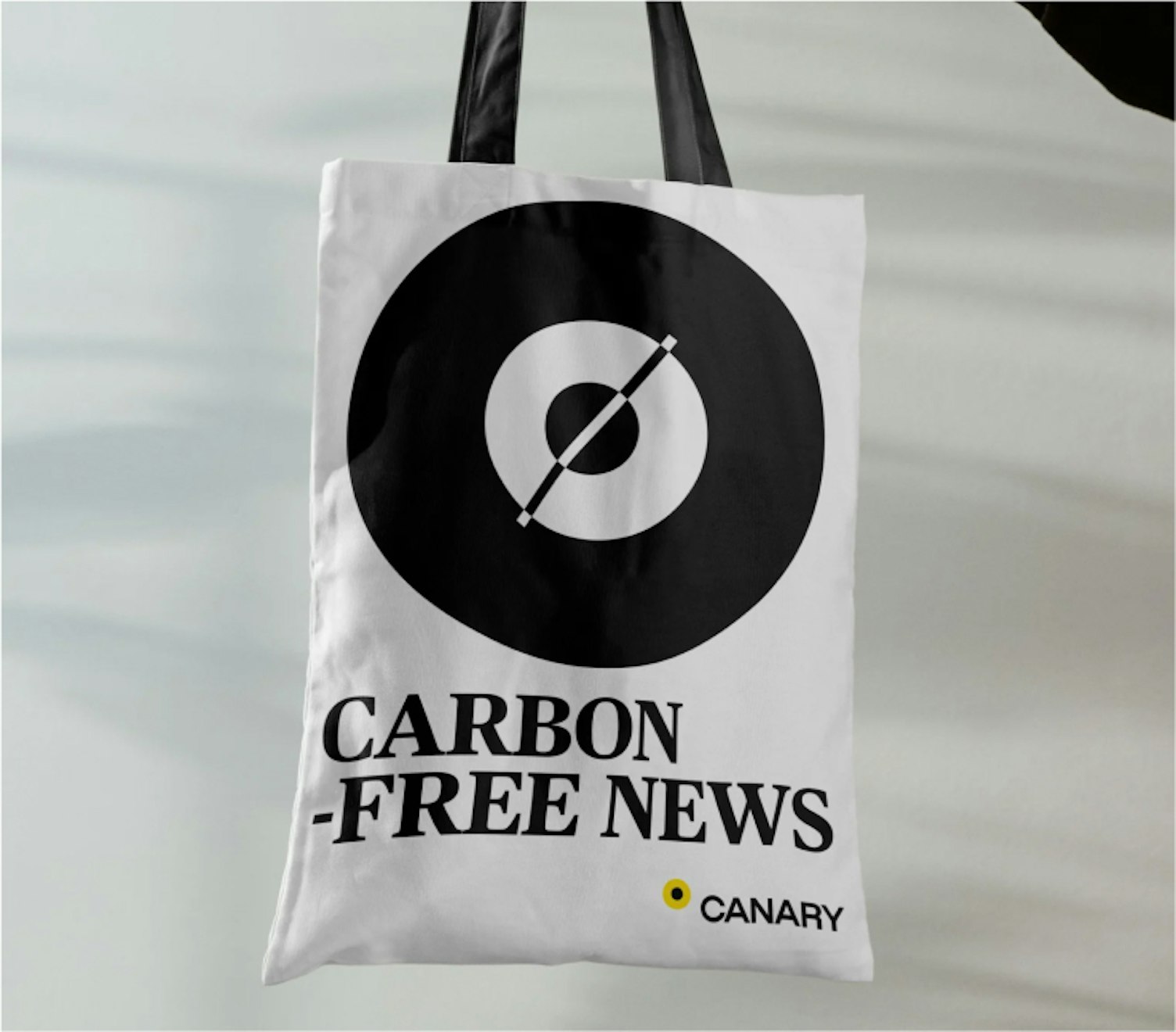Keeping a hopeful eye on climate futures
Canary Media is a nonprofit journalism outfit dedicated to chronicling the economy’s transition to clean energy. A ‘good news group,’ Canary avoids the usual doom-and-gloom angles popular with mainstream media, choosing to go ‘wider and deeper’ into technological interventions the world can use right now—not thirty years from now, but now—to avert massive ecological and humanitarian disaster.
The site didn’t need to just meet our current needs. It had to be flexible enough to grow with us to meet the evolving needs of our audience. We wanted a digital platform that could help us grow and allow us to plug in video and audio to take advantage of all the digital media channels that we plan to move into.
Backed by the Rocky Mountain Institute (RMI), Canary initially launched in early 2021, quickly attracting a regular readership of legislators, policymakers, financial analysts, journalists, regulators, and energy-curious citizens. While a new venture, Canary’s rapid success shouldn’t entirely surprise. Spun out of Greentech Media and joined by writers from the New York Times, Guardian, Vox, and others, the staff behind Canary Media are a veritable supergroup of climatetech watchdogs, whose hard-won reputations have earned them each the loyal readership of thousands.
Behind such stalwart company Canary’s ambitions quickly outgrew its tools, and in the summer of 2021 Canary contracted with Happy Cog to turn aspirations into reality. Opportunities were emerging quickly: with plans to expand into video explainers, podcast series, sponsored content, and multiple article formats, Canary needed a robust publishing suite that could stand toe to toe with the biggest newsrooms in the business.


New tools were one thing, looking the part was another. Though happy with their existing brand, a trademark conflict presented an opportunity to make their image consistent with their mission. Designed to play up a visual contradiction between Canary’s climate futurism and traditional roots, the rebrand draws inspiration from the team itself: a sometimes irreverent, always upbeat, David-in-Goliath’s clothing.
Canary’s primary serif, Publico, gives an air of dependability, credibility, and sophistication, while Favorit, which markedly deviates from routine sans-serifs in some of its letterforms, plays a utility role, principally for interface elements, sub-headings, and captions.
The unassuming black circle has a double meaning, a reference both to zero, first rendered as a small black dot in the Khmer language, and Carbon, which chemist John Dalton assigned a solid black circle on his Periodic Table of Elements in 1803. The yellow dot and rounded C carry over from the original logo to provide continuity and preserve visual equity. More than a logo, it’s a living record of our fight against climate change: together, the nested circles represent an index of the expected atmospheric PPM as the world approaches 3 °C.
Traffic has increased markedly, so we know people besides us also like our new site better—they keep coming back.
With just four months from sales to launch, and an unexpected pivot in brand, the Happy Cog and Canary teams had to work quickly, closely, and transparently, regularly meeting with stakeholder groups to workshop layouts, interface, brand and even author experience. It was a highly interactive and iterative process, explains Nicholas Rinaldi, general manager at Canary. “Happy Cog’s lead developer on this project is one of the best developers I’ve ever worked with,” he says. “He’s a problem solver. He’s a great listener. He’s super organized. Happy Cog’s engineers and developers understand your priorities. They don’t just put their heads down and code or take orders. They think about things strategically.”


The result is a site that can easily scale with Canary’s editorial strategy. Its flexibility with plug-ins and ease of workflow allows non-technical and journalists in the field to navigate the platform without difficulty. It also meets or exceeds all accessibility, General Data Protection Regulation (GDPR) and user privacy requirements.
As the felt effects of climate change weigh more and more on the public consciousness, it’s important that we not surrender to the prevailing narrative that such catastrophe is inevitable. As Canary has proven, the solutions exist—we need only the courage and determination to realize them. However small, we’re honored to have played our part in providing the narrative tools that will, we hope, help give the world that courage.

